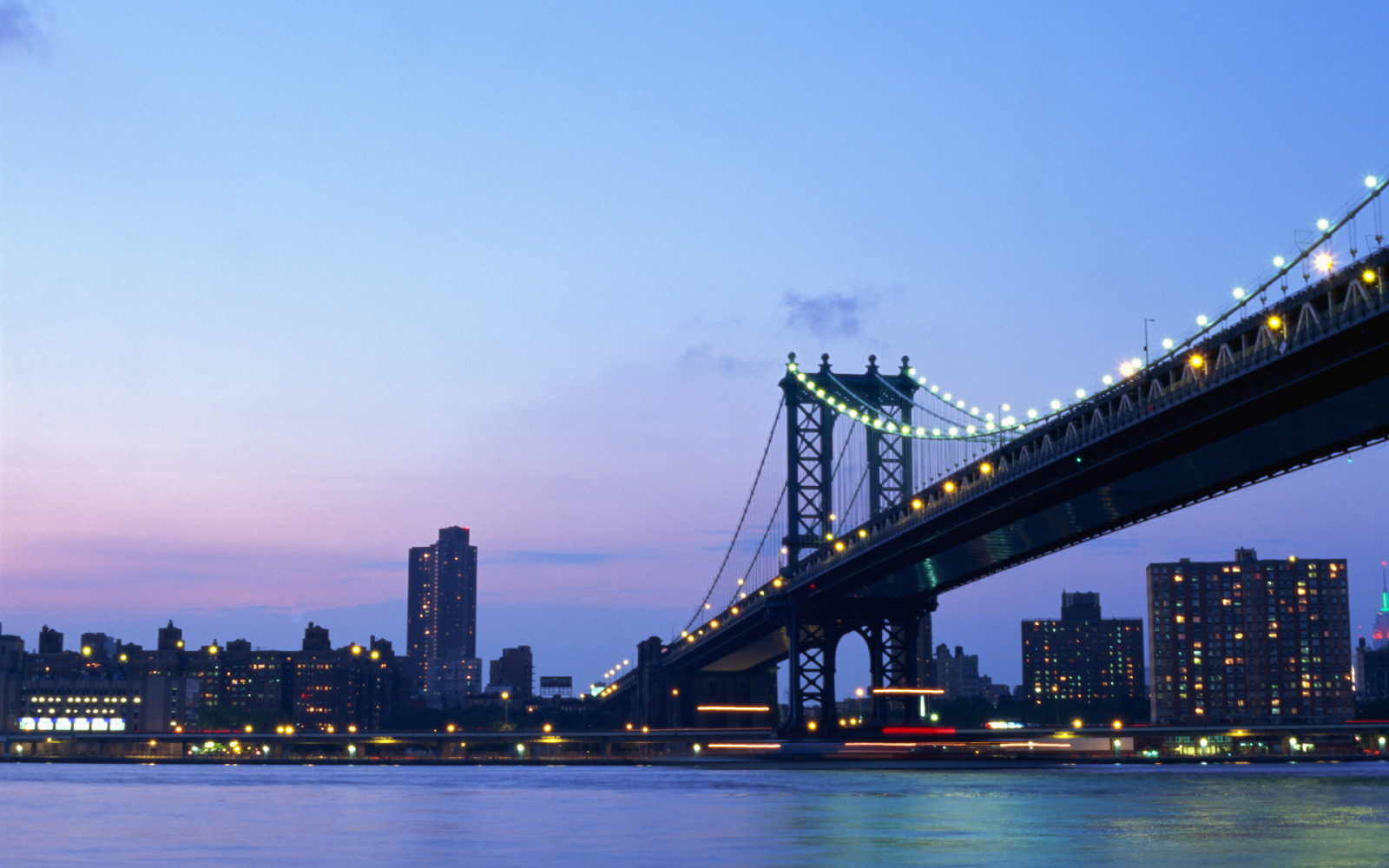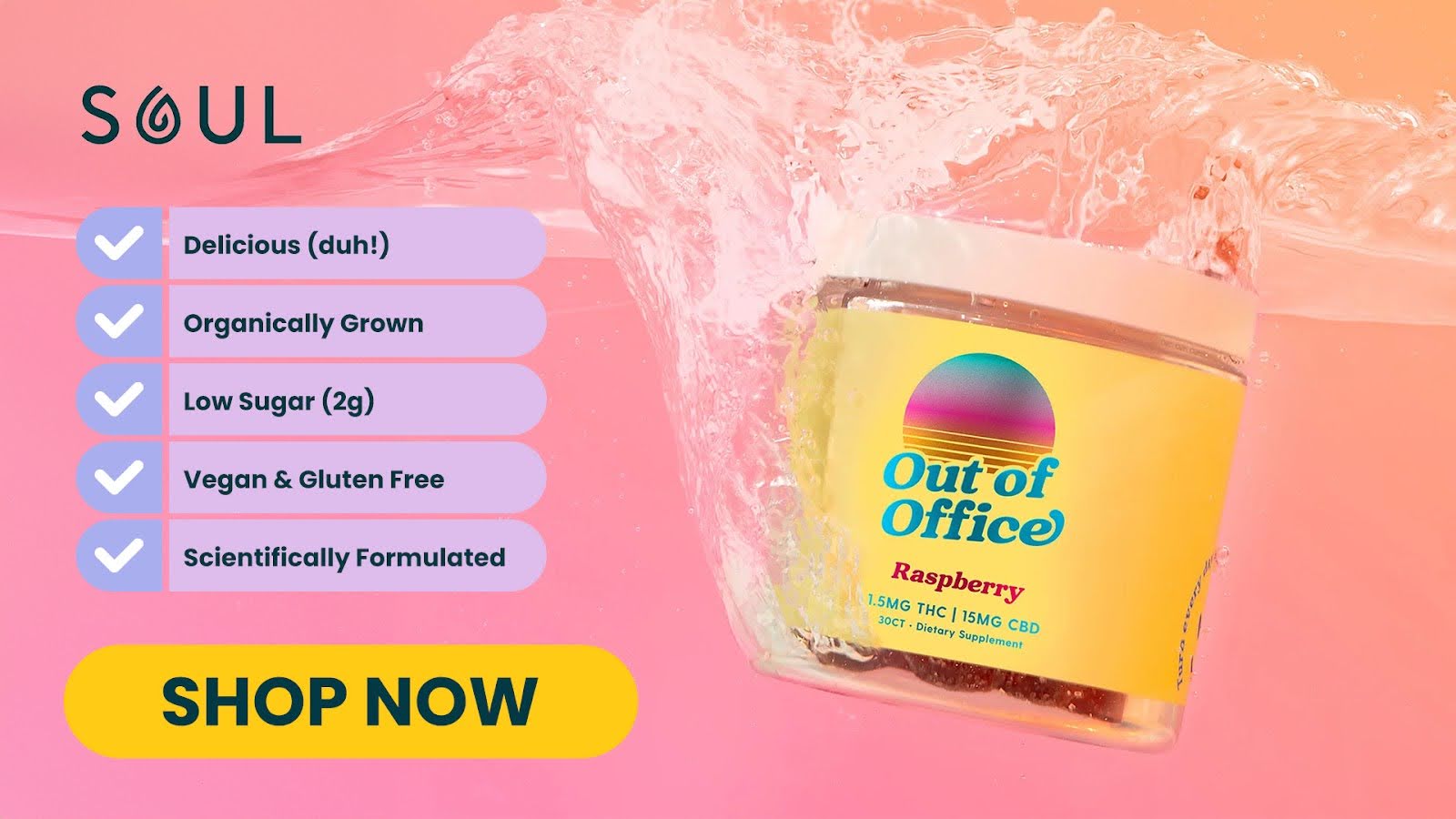
Key Takeaways:
- Legal Age and Purchases: In New Jersey, individuals must be 21 or older to legally purchase and possess cannabis, with specific purchase limits in place.
- Consumption Restrictions: Public consumption of cannabis remains illegal, and there are significant penalties for driving under the influence of THC.
- Federal vs. State Law: Despite state legalization, federal law continues to classify THC as an illegal substance, affecting banking, employment, and research related to cannabis in New Jersey.
As the leading provider of premium THC products tailored for relaxation and self-care, Soul prides itself on delivering unparalleled quality and experience. At Soul, we understand that studying the legality of THC can be complex. This is why we have curated a comprehensive guide to help you understand the legal status of THC in New Jersey. In this article, we will explore the current laws, distinctions between medical and recreational use, penalties for non-compliance, and the impact of federal laws on state regulations. Additionally, we'll discuss legal alternatives to THC and the future outlook of THC legislation in New Jersey, ensuring you are well-informed and compliant with the law while enjoying our products.
Understanding The Difference Between Medical And Recreational Use
In New Jersey, THC can be legally consumed under two distinct frameworks: medical and recreational use. Each framework comes with its own set of rules and regulations.
Medical Use:
- Medical cannabis was legalized in New Jersey in 2010 with the passing of the Compassionate Use Medical Hemp Act.
- Patients must be diagnosed with a qualifying medical condition to participate in the program.
- Registered patients are allowed to purchase and possess cannabis from state-licensed dispensaries.
Recreational Use:
- Recreational use of cannabis was legalized in New Jersey in 2021 following the approval of Public Question 1, which amended the state constitution.
- Adults aged 21 and older are legally permitted to purchase and possess cannabis.
- Recreational cannabis sales are subject to state taxes, and the products are available from licensed retailers.
This distinction is crucial for understanding the legal landscape of THC in New Jersey, as it affects where and how people can legally acquire and use cannabis.
Current Laws Governing THC In New Jersey
In New Jersey, the legal landscape regarding THC has specific guidelines that govern its purchase, consumption, and cultivation. Here's an overview of the primary regulations currently in place:
Age Requirement
The legal age for recreational cannabis use in New Jersey is set at 21 and over. This age restriction is enforced to align with the legal drinking age and aims to limit access to younger individuals, promoting responsible use among adults.
Purchase Limits
In New Jersey, individuals are allowed to purchase up to one ounce of cannabis at a time. This limit is designed to prevent stockpiling and potential illegal distribution, ensuring that cannabis use is intended for personal and immediate use rather than for resale.
Consumption Locations
The consumption of cannabis in New Jersey is strictly regulated to private residences. Public consumption, which includes smoking or ingesting cannabis in parks, streets, or other public spaces, is prohibited to maintain public decorum and prevent exposure to non-users, particularly children.
Driving And THC
Operating a vehicle under the influence of cannabis is illegal in New Jersey and is treated with the same severity as driving under the influence of alcohol. This law helps ensure road safety and reduces the risks associated with impaired driving.
Cultivation
Despite the legalization of medical and recreational cannabis, home cultivation of cannabis for personal use remains illegal in New Jersey. The state maintains this ban to control the production, distribution, and quality of cannabis, preventing unregulated growth and potential legal issues from unlicensed cultivation.
Penalties For THC Possession In New Jersey
Navigating the legal consequences of THC possession in New Jersey requires understanding both the leniencies and the strict penalties associated with its use. Below are the key details regarding the penalties for various THC-related offenses in the state:
Small Amounts (Under 6 Ounces)
In New Jersey, possessing small amounts of cannabis, specifically under 6 ounces, carries no criminal penalties. This policy is part of a broader effort to decriminalize minor drug offenses, reduce the burden on the criminal justice system, and focus resources on more serious crimes. It also aims to lessen the societal impact of previous harsh drug laws.
Over 6 Ounces
Possession of over 6 ounces of cannabis in New Jersey is considered a significant violation, leading to potential charges of possession with intent to distribute. This is classified as a more severe offense and may result in felony charges, reflecting the state's intent to curb illegal distribution and large-scale operations outside regulated dispensaries.
Public Consumption
Consuming cannabis publicly in New Jersey is illegal and is enforced to maintain public order and respect community standards. Violations typically result in fines and may also include community service, especially designed to deter public use and maintain a clear distinction between private and public consumption norms.
Underage Possession
New Jersey enforces strict penalties for underage possession of cannabis. Individuals under 21 found in possession may face fines, mandatory community service, and must often participate in drug education programs. These measures aim to deter use among youth and promote awareness about the implications and responsibilities of drug consumption.
Driving Under Influence
Driving while under the influence of THC is a serious offense in New Jersey, treated similarly to driving under the influence of alcohol. Penalties for this violation include fines, possible jail time, and license suspension. These strict repercussions are intended to promote road safety and reduce accidents related to impaired driving.
Impact Of Federal Laws On New Jersey's THC Regulations
The intersection of federal and state laws creates a complex legal environment for THC in New Jersey, especially as federal regulations continue to conflict with state-level legalization. Here’s how these federal laws impact New Jersey's THC regulations:
Federal Illegality
THC's classification as a Schedule I drug under federal law continues to present legal discrepancies, particularly in areas under federal jurisdiction such as federal lands and military bases in New Jersey. This classification implies a perceived high potential for abuse and no accepted medical use, leading to complex legal challenges for individuals and businesses, even as state laws permit its use.
Banking Restrictions
Due to THC's illegal status at the federal level, cannabis businesses in New Jersey encounter significant challenges in securing banking services. Federal banking regulations deter financial institutions from providing services to cannabis-related businesses, complicating payroll, taxation, and other basic financial operations, which forces many businesses to operate on a cash basis, increasing risks and operational difficulties.
Research Limitations
Federal law restricts the use and possession of THC, which significantly hampers the ability of New Jersey's researchers to obtain and use cannabis for scientific study. This limitation stifles the development of a robust body of research on THC's medical benefits and societal impacts, as researchers must navigate stringent federal regulations even for studies deemed legal at the state level.
Transportation Restrictions
The federal ban on cannabis means that transporting THC products across state lines is illegal, regardless of the legality of cannabis in the originating and destination states. This federal law affects New Jersey residents and businesses, restricting their ability to engage in interstate commerce related to cannabis and complicating logistics for businesses that operate in multiple states where cannabis is legal.
Employment Implications
Federal laws require drug-free workplaces for federal employees and contractors, which affects many New Jersey residents employed by or contracting with the federal government. These individuals must adhere to federal law, which does not recognize New Jersey's legalization of THC, potentially leading to job loss or disciplinary action if THC is detected during employment drug tests.
Legal Alternatives To THC In New Jersey
For those seeking alternatives to THC in New Jersey, there are several legal options that offer varied benefits without the psychoactive effects associated with THC. Explore these alternatives and their regulatory contexts:
CBD Products
Cannabidiol (CBD) is a non-psychoactive compound extracted from hemp plants, which are legally cultivated under federal and New Jersey state laws. CBD products, ranging from oils and tinctures to creams and edibles, are widely available throughout New Jersey. These products offer various potential health benefits, such as pain relief, anxiety reduction, and inflammation control, without the high associated with THC.
Delta-8 THC
Delta-8 THC is a cannabinoid that is chemically different from Delta-9 THC, the primary psychoactive component in Hemp. Though it offers milder psychoactive effects, Delta-8 THC sits in a legal gray area and is available in New Jersey under certain conditions. Consumers should be vigilant and confirm the legality of specific Delta-8 products to ensure compliance with state laws, as regulations around these products are subject to change.
Hemp-derived Products
Hemp-derived products encompass a wide range of items, including textiles, biodegradable plastics, health foods, and personal care products. These products are legal in New Jersey and are valued for their versatility and sustainability. Hemp does not contain significant levels of THC, which makes it a non-intoxicating alternative with broad commercial and industrial uses.
Medical Cannabis
In New Jersey, medical cannabis is available to patients with qualifying conditions as defined by state regulations. This program is strictly regulated, requiring patients to be registered and obtain cannabis products from licensed dispensaries. Medical cannabis is prescribed for conditions such as chronic pain, multiple sclerosis, and certain forms of epilepsy, providing relief where other medications may not be effective.
Synthetic Cannabinoids
Synthetic cannabinoids, such as dronabinol (sold under names like Marinol and Syndros), are FDA-approved medications used to treat nausea and vomiting caused by chemotherapy and to improve appetite in AIDS patients. These cannabinoids are legal by prescription in New Jersey and offer an alternative for those who may benefit from cannabinoids but do not qualify for or choose not to use natural cannabis products.
Future Outlook On THC Legislation In New Jersey
As the landscape of cannabis legislation continues to evolve, New Jersey stands at a pivotal point in shaping future regulations and policies regarding THC. Here’s what to consider regarding the potential changes and developments in THC legislation in the state:
Potential For Home Cultivation
Discussions around legalizing home cultivation of cannabis for personal use in New Jersey are gaining momentum. Advocates argue that allowing residents to grow their own cannabis could enhance personal freedoms and reduce the illegal market. If passed, such legislation would mark a significant shift in the state’s cannabis policy, offering individuals more control over their consumption choices and potentially impacting broader market dynamics.
Expansion Of Medical Program
New Jersey is actively considering the expansion of its medical cannabis program. Legislative efforts are aimed at broadening the list of qualifying medical conditions, thereby allowing more patients to benefit from cannabis treatment. Additionally, there is a push to improve accessibility by increasing the number of dispensaries and possibly reducing costs associated with medical cannabis products, making treatment more affordable for patients.
Reevaluation Of Federal Stance
The potential reevaluation of the federal stance on cannabis, including possible decriminalization or reclassification of the drug from Schedule I, could have profound effects on New Jersey's THC regulations. Such changes would alleviate many of the current conflicts between state and federal laws, easing restrictions on research, banking, and interstate commerce related to cannabis.
Local Zoning Laws
Adjustments to local zoning laws in New Jersey could play a pivotal role in the expansion of cannabis businesses. Easing zoning restrictions would allow for more dispensaries and related businesses to open, facilitating better access to cannabis for consumers and fostering economic growth through increased job creation and tax revenues. These changes would also potentially distribute economic benefits more evenly across communities.
Public Opinion And Advocacy
The shift in public opinion towards a more favorable view of cannabis legalization continues to drive legislative changes in New Jersey. Advocacy from both public and private entities is intensifying, pushing for reforms that include more comprehensive legal protections for cannabis users and potential expansions of use cases. As advocacy grows and public opinion shifts, laws are likely to evolve to reflect these changes, leading to a more open and regulated cannabis market.
Final Thoughts
The legality of THC in New Jersey has changed dramatically over the past decade, with both medical and recreational use now permitted under state law. However, residents must navigate these laws with an understanding of the nuances that distinguish legal use from actions that can still lead to penalties. It's also crucial for residents to stay informed about the impact of federal laws and potential future changes that might affect how THC is viewed and regulated within the state.
As New Jersey continues to develop its THC policies, being aware of the current laws, potential legal alternatives, and the shifting dynamics of cannabis legislation will help ensure that residents can make informed decisions related to cannabis use and its associated activities.
Read also:
Frequently Asked Questions About THC Legality In New Jersey
Can tourists purchase cannabis legally in New Jersey?
Yes, tourists aged 21 and over can legally purchase cannabis in New Jersey with a valid ID that proves their age.
Are there limits on how much THC can be in a legal cannabis product in New Jersey?
Yes, New Jersey regulates the THC content in cannabis products, but specific limits vary depending on the type of product, such as edibles versus flower.
Can I grow cannabis at home for personal use in New Jersey?
No, personal cultivation of cannabis at home remains illegal in New Jersey for both medical and recreational users.
Is it legal to consume cannabis in a parked car in New Jersey?
No, consuming cannabis in any vehicle, even if it's parked, is illegal in New Jersey.
How do New Jersey’s cannabis laws affect employment drug testing?
Employers in New Jersey can still conduct drug testing for cannabis and make employment decisions based on such tests, though there are some protections for medical users.
Can I travel with legally purchased cannabis across state lines from New Jersey?
No, transporting cannabis across state lines is illegal under federal law, even if you are traveling to another state where cannabis is legal.
What should I do if I'm a medical cannabis patient visiting New Jersey?
While New Jersey has medical cannabis reciprocity arrangements with some states, it's important to check current regulations and possibly consult with a local dispensary for guidance.
Are THC-infused beverages legal in New Jersey?
Yes, THC-infused beverages can be legally purchased at licensed dispensaries by individuals 21 years of age or older.
What legal protections do I have as a medical cannabis user in New Jersey?
Medical cannabis users are protected under state law from discrimination in housing and may have some employment protections, but federal laws may supersede these in certain cases.
Can landlords prohibit the use of cannabis in rental properties in New Jersey?
Yes, landlords in New Jersey can prohibit the use of cannabis on their properties, including smoking and possibly other forms of consumption.
Sources:
- Hansen, C., Alas, H., & Davis Jr., E. (2021, June 30). Where Is Marijuana Legal? A Guide to Hemp Legalization. US News & World Report. https://www.usnews.com/news/best-states/articles/where-is-Marijuana-legal-a-guide-to-Hemp-legalization
- Washington DC Hemp Laws | WashingtonDCCannabis.org. (n.d.). Washington D.C. Cannabis Information Portal. https://washingtondccannabis.org/laws
- Inc, G. (2021, November 4). Support for Legal Marijuana Holds at Record High of 68%. Gallup.com. https://news.gallup.com/poll/356939/support-legal-Marijuana-holds-record-high.aspx
- Dorbian, I. (n.d.). Despite Some Stumbles, Total Sales In U.S. Cannabis Market Could Soar To $50.7 Billion By 2028, Says Top Researcher. Forbes. Retrieved October 18, 2023, from https://www.forbes.com/sites/irisdorbian/2023/02/15/despite-some-stumbles-total-sales-in-us-cannabis-market-could-soar-to-507-billion-by-2028-says-top-researcher/?sh=1f90e293164d






